Study lists 10 reasons to be skeptical about sentience and pain in fishes and aquatic invertebrates
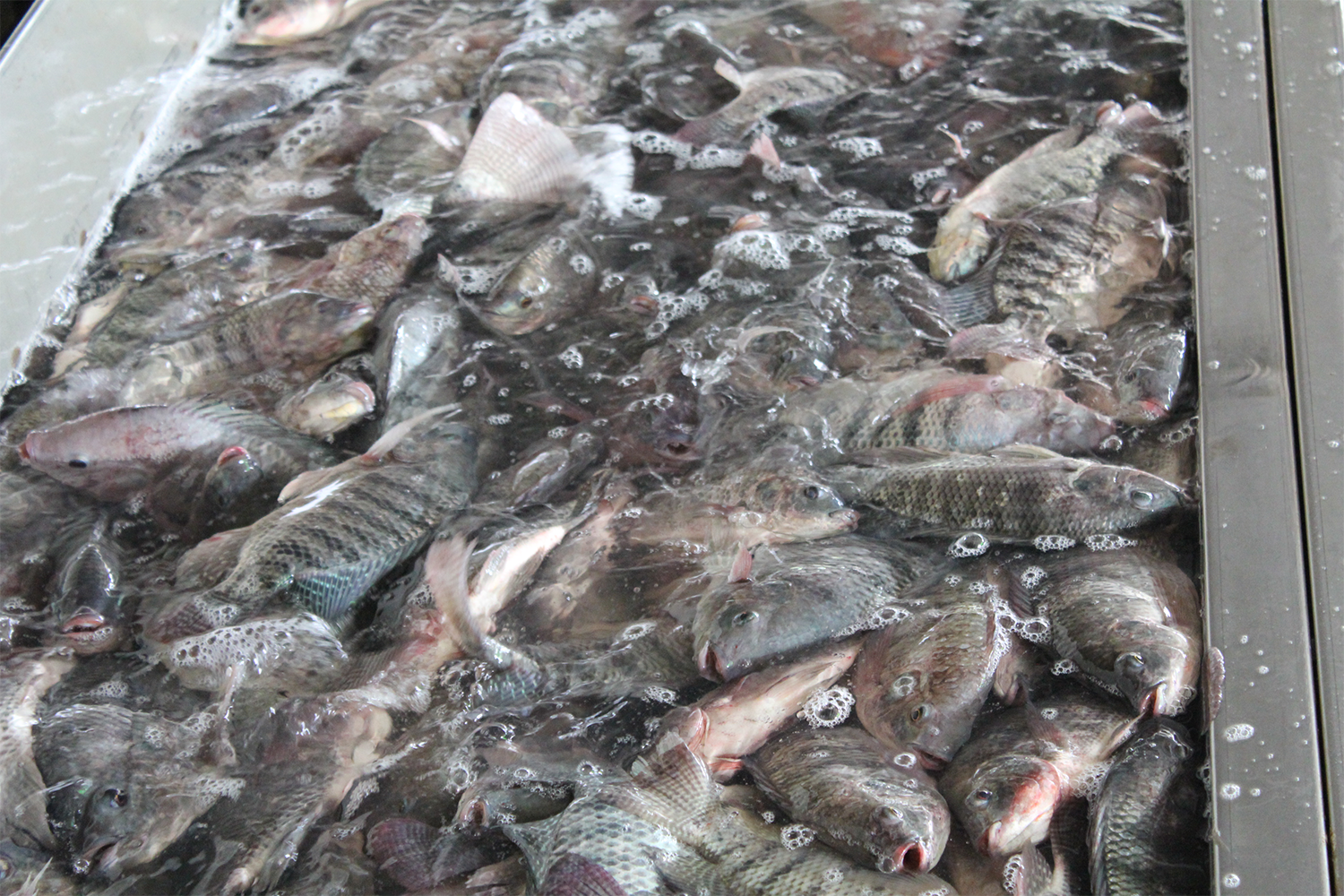
A recent study published in the journal Reviews in Fisheries Science & Aquaculture lists 10 reasons to be skeptical about sentience and pain in fishes and aquatic invertebrates.
The study’s authors contend that applying Mertonian skepticism (or organized skepticism, which articulates the idea that the acceptance of all scientific work should be conditional on assessments of its scientific contribution, objectivity and rigor) toward claims for sentience and pain in fishes and aquatic invertebrates is scientifically sound and prudent, particularly when those claims are used to justify legislation regulating the welfare of these taxonomic groups.
“Scientists in the research community have become concerned in recent years after witnessing several instances where lobby groups have been manipulating various publications to promote animal-rights ideologies that are being passed off under the banner of animal welfare,” study co-author Dr. Ben Diggles told the Advocate. “The usual hallmark of an animal rights approach is the development of ‘lose-lose’ scenarios, and we give several examples of these, including a worrying case study involving live crabs held in a restaurant in Melbourne, Australia.”
The study – authored by 20 scientists from several research institutions in Germany, Norway, Canada, the United States, the United Kingdom, New Zealand, Australia, Singapore and Russia – contends that, historically, most animal welfare legislation worldwide has been based on a suffering-centered framework focused on the needs of individual terrestrial vertebrates in food production or laboratory settings, specifically those that are sentient and, therefore, may suffer during experimentation, husbandry, and slaughter.
The authors are supporters of animal welfare and emphasize that it is not about choosing between welfare and no welfare for fish and aquatic invertebrates, but rather to ensure that important decisions about their welfare are based on scientifically robust evidence.
The study presents 10 scientifically sound and prudent reasons to be skeptical (in the Mertonian sense) when the topics of sentience and pain in fish and aquatic invertebrates are used to justify the inclusion of these organisms in legislation governing their use in the wild, food production or research. These reasons are:
- Changing definitions;
- Ignoring or dismissing conflicting or contradictory evidence;
- Lack of replicable empirical evidence;
- Ad hominem attacks skeptics;
- Testing of unfalsifiable hypotheses;
- Arbitrary application of criteria;
- Dilution/devaluation of the welfare concept;
- High risk of unintended consequences;
- Dangers of the precautionary approach;
- The need for organized skepticism and critical thinking.
“These 10 reasons are delivered in the spirit of organized skepticism to orient legislators, decision-makers and the scientific community and alert them to the need to maintain a high scientific evidential bar for any operational welfare indicators used for aquatic animals, particularly those mandated by legislation,” said the authors.
These arguments emphasize why any new operational welfare indicators used to define best practice guidelines for fish and aquatic invertebrates under suffering-centered welfare frameworks need to be closely scrutinized for their scientific robustness, relevance and applicability.
… without the application of organized skepticism, verification and critical thinking to this subject, there is a high risk of invoking a rapid downward spiral in scientific rigor …
Guidelines should be held to a standard that can be scientifically validated, being measurable, replicable under all conditions (rather than being specific to certain laboratory contexts), reliable and hence equivalent to the well-established physiological, pathological, nutritional and health-related welfare indicators already used to define current best practice for these animals under the pragmatic animal welfare approach.
High-quality scientific research produces results that are replicable and can be verified independently, so the authors argue that it is vitally important that any new operational welfare indicators used to underpin legislation that defines best practice guidelines for the welfare of fish and invertebrates are valid, robust, measurable, consistent under varying environmental conditions (particularly in the real world outside the laboratory) and independently replicable and verifiable.
Extending legal protection to fish and aquatic invertebrates is a choice for society, and in many democracies, politics is the method used to influence that choice. However, science, not politics, is the method best suited to identify reliable, replicable, and effective operational welfare indicators that can improve welfare results for fish and invertebrates, the authors concluded.
“Effective welfare can be a ‘win-win’ scenario for both aquatic animals and humans alike,” they wrote. “Yet without the application of organized skepticism, verification and critical thinking to this subject, there is a high risk of invoking a rapid downward spiral in scientific rigor, with potentially significant unintended consequences.”
Now that you've reached the end of the article ...
… please consider supporting GSA’s mission to advance responsible seafood practices through education, advocacy and third-party assurances. The Advocate aims to document the evolution of responsible seafood practices and share the expansive knowledge of our vast network of contributors.
By becoming a Global Seafood Alliance member, you’re ensuring that all of the pre-competitive work we do through member benefits, resources and events can continue. Individual membership costs just $50 a year.
Not a GSA member? Join us.
Author
Tagged With
Related Posts
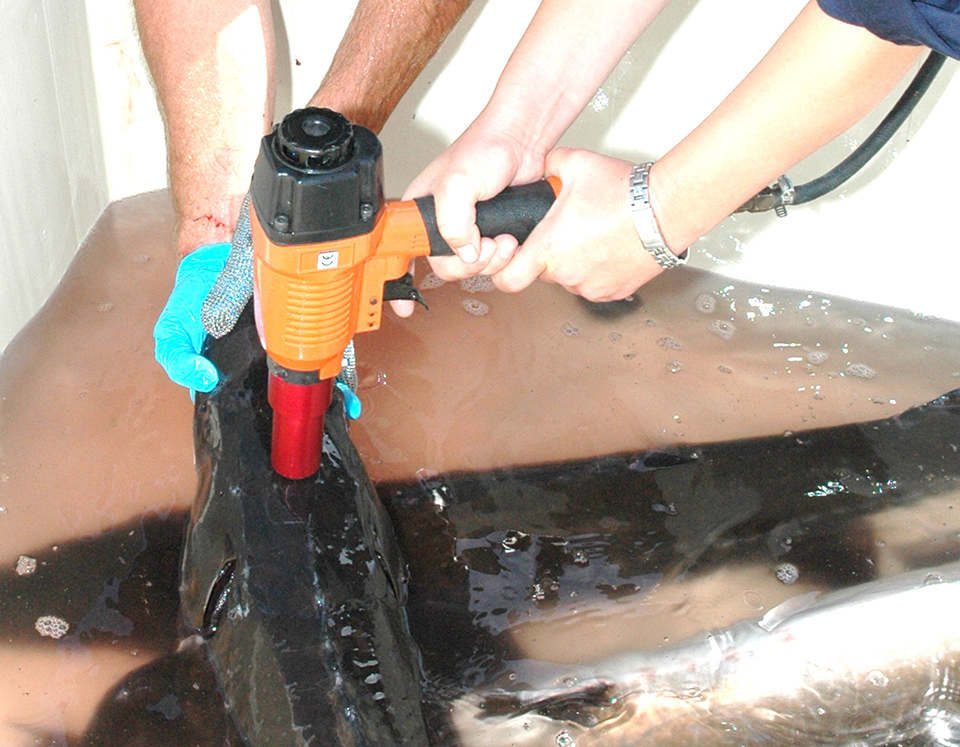
Health & Welfare
Animal welfare: Growing factor in international aquaculture
Although concerns for the animal welfare of food animals are currently highest in the United Kingdom and European Union, they are also growing in other parts of the world.
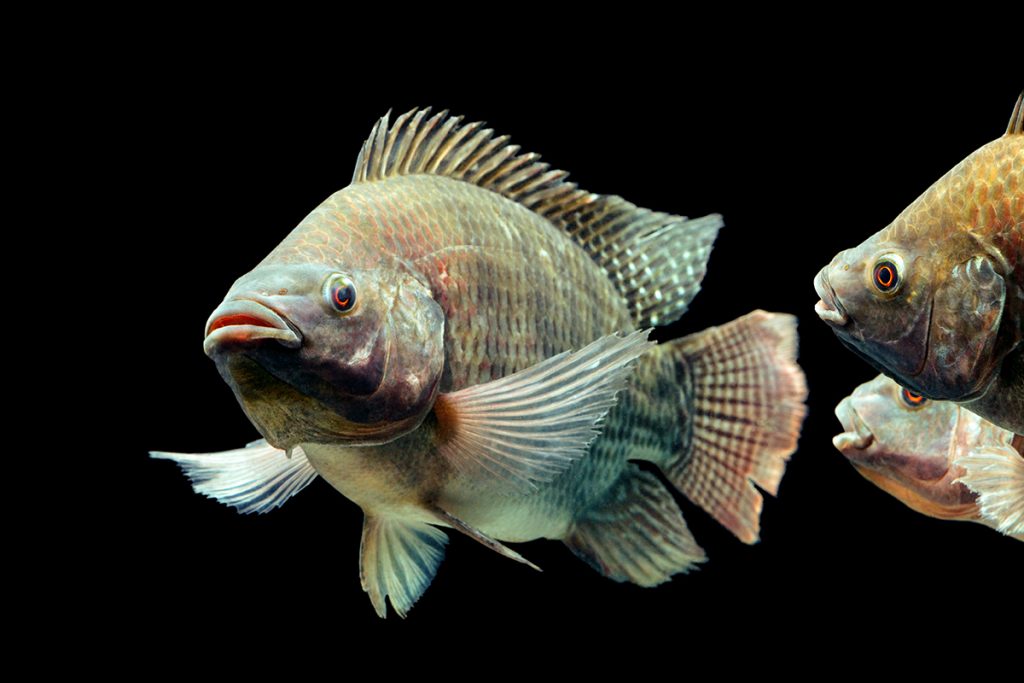
Health & Welfare
‘The right thing to do’: How aquaculture is innovating to reduce fish stress and improve animal welfare
With research showing that stress can damage meat quality, fish and shrimp farmers are weighing the latest animal welfare solutions.
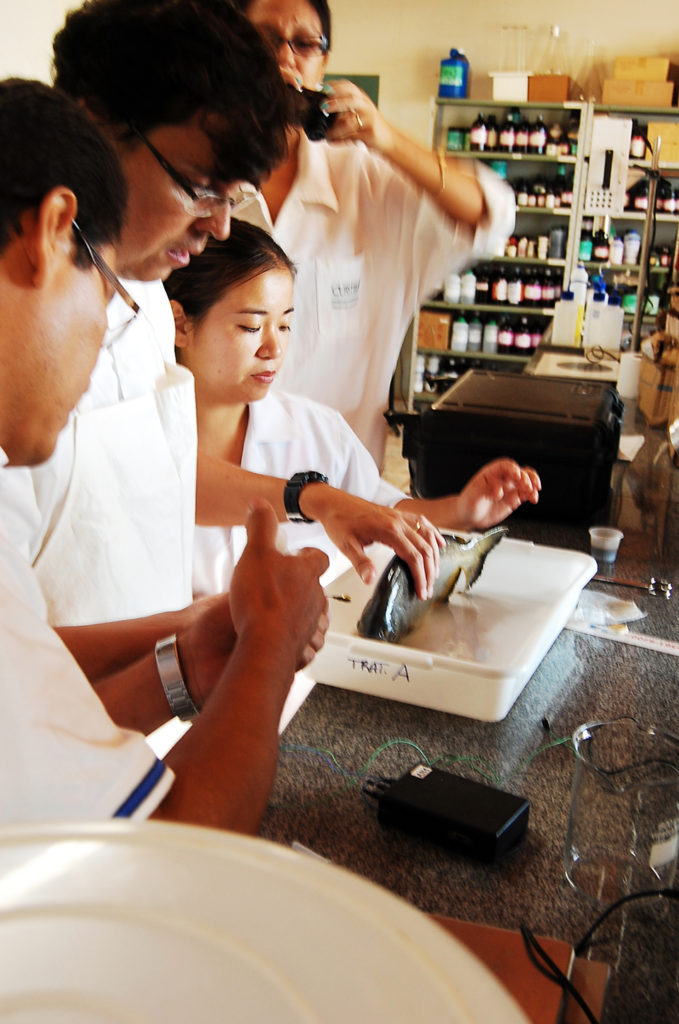
Health & Welfare
Brazil survey: Animal welfare perspectives vary between producers, researchers
Survey participants also indicated that, in general, Brazil’s fish-farming industry is addressing elements of animal welfare to some degree, but can improve.
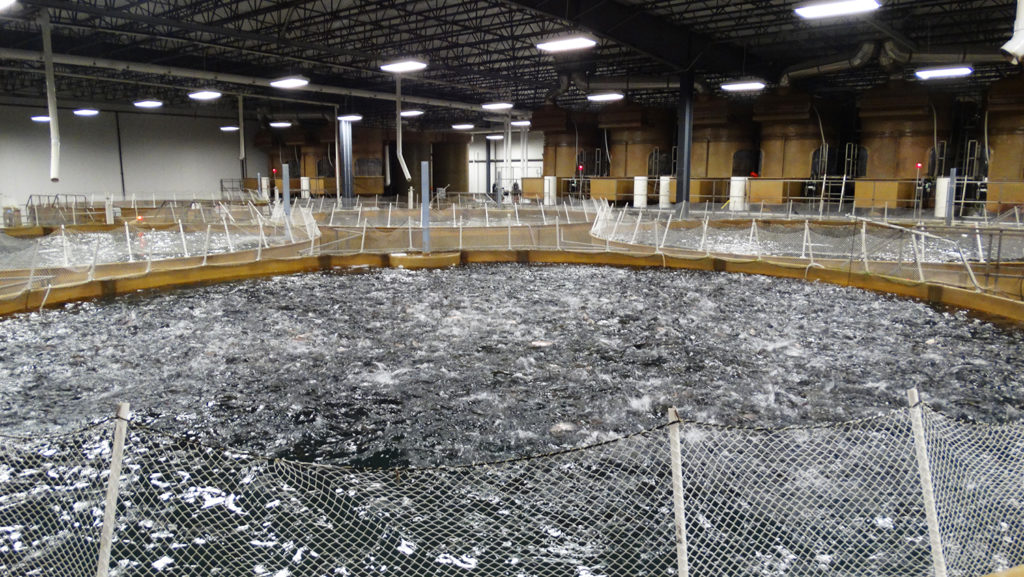
Innovation & Investment
AquaBounty, with new RAS facility, hopes to win public support for GM salmon
Ron Stotish, CEO of AquaBounty Technologies, believes genetically modified salmon is no threat to its opponents and the outlook for AquAdvantage is good. With its purchase of the Bell Fish Co. RAS facility, commercialization will soon commence.



